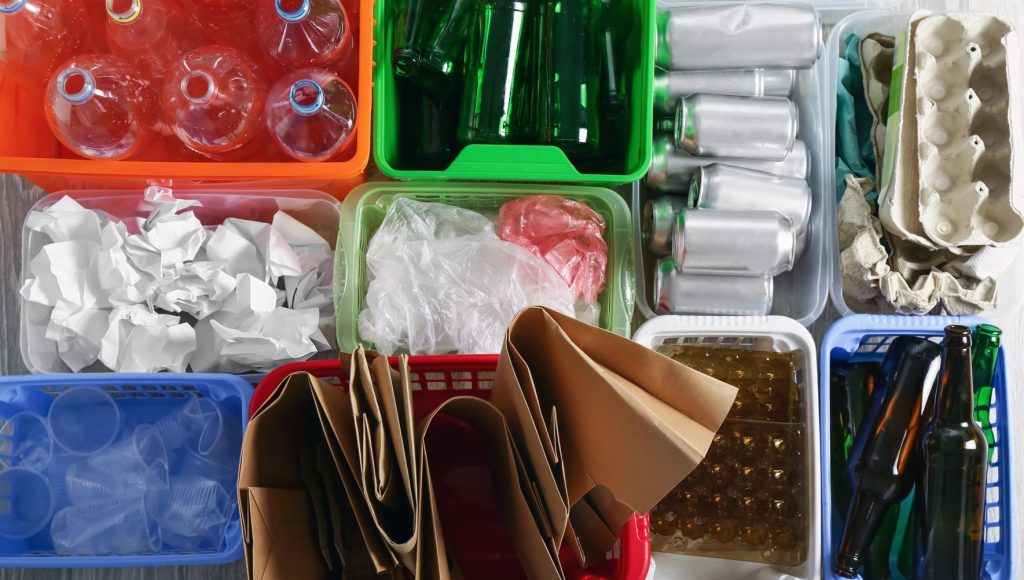When you make the choice to have cosmetic surgery, you accept that scarring is a side effect of the procedure you are having. Whilst scarring is often unavoidable, there are things that you can do to reduce the appearance of scarring following your surgery and help to relieve any feelings of tightness or discomfort.
The severity of the scarring will be dependent on a number of things, such as how your skin naturally repairs and the cosmetic procedure you are having done, but good post-surgery care can greatly reduce the appearance and feel of your scar. With that in mind, let’s take a look at some tips for reducing scarring following cosmetic surgery procedures.
What Causes Scarring?
Scars form as your body naturally responds to an injury of the epidermis (which is the top layer of the skin), or the dermis (the layer beneath the epidermis). When the epidermis layer is injured or damaged, then scarring, if any, tends to be minimal. But, if damage or injury is caused to the thicker dermis layer, this will then create a scar. Cosmetic surgery procedures, such as a facelift, abdominoplasty or breast enlargement, involve making incisions into the dermis layer of the skin, which is why most cosmetic procedures result in scarring of some form.
When your dermis layer is injured, your body goes into action and works on healing the wound by producing collagen – a protein that gives skin its elasticity. These collagen cells work by effectively holding and glueing the wound together, which then creates a scar as the edges of the wound begins to close. No matter if your skin is healthy and your wound is healing, it can take anything from 12 to 18 months for scars to fade from red to white. How much it fades will depend entirely on your skin, as well as your care routine.
Tips for Reducing Appearance of Scarring
Avoid Direct Sunlight
You should look to avoid exposing your scar to direct sunlight in order to aid the healing process. If your scar is somewhere that is hard to cover, such as on your face, then it’s worth investing in good quality suncream with a high SPF factor. Sun exposure affects the pigmentation of your skin and whilst you might be interested in getting a tan, the sun can make scars more pronounced and visible, which can darken the delicate skin tissue which can then result in discolouration.
Gently Massage The Area
It’s important to allow your scar a chance to heal without being disturbed, at least for the first week or so. But, once your scan is less tender to touch, you should look to gently massage the area using lotions and cream as this can help with the scar development cycle and reduce the inflammatory signals that can contribute to poor scarring. You should also look at using a hydrating cream to increase skin hydration as this can reduce any feelings of discomfort and tightness and helps generate collagen production, reducing scarring.
Avoid Putting Stress On The Area
In the early stages of your healing process, it’s important to avoid lifting, moving or doing stretches which can affect your injury and wound healing. Often, doing motions such as these can stretch and pull the incision apart and greatly reduce the healing process of your scar. Following any cosmetic surgery procedure, you should listen to your surgeon in terms of the healing process and things you should avoid doing, such as the gym or returning to work.
Stay Hydrated
Not only can drinking plenty of water makes you feel better after your cosmetic surgery, but it can greatly aid the healing process. After surgery, your immune system is weak, which can increase your chances of developing an infection, so water can help your body flush out any toxins or germs.
Cosmetic surgery requires the use of general anaesthesia, which can make you feel unwell, groggy and fatigued and can cause headaches, nausea and gut imbalances. Drinking plenty of water soon after your procedure can help your body recover from the effects of surgery and is also important for the healing of your scar, as it can keep skin soft and less likely to feel tight and irritated.
Scarring after surgery is a highly individualised journey and varies from person to person. If you’re concerned about scarring following your cosmetic surgery in Manchester, it’s important to talk with your surgeon and attend all scheduled follow-up checkups so that they can check your healing progress.



